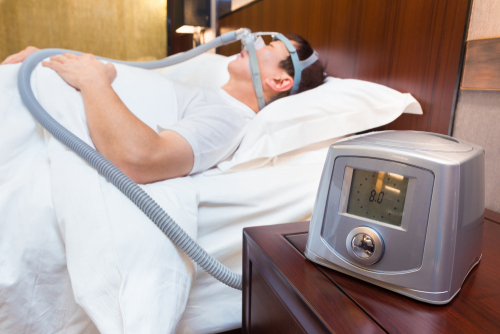Sleep Apnea & Technology: Improving Sleep Quality and Health
In the realm of sleep disorders, one condition stands out for its prevalence and potential health risks: sleep apnea. This disorder, characterized by interrupted breathing during sleep, affects millions worldwide. Fortunately, the intersection of medicine and technology has introduced groundbreaking innovations in diagnosing and treating sleep apnea.
At Desert Hills Dental Care, our Farmington, NM sleep specialist, Dr. Charles Schumacher is dedicated to improving the sleep quality of New Mexico patients in Farmington, Kirtland, Spencerville, Bloomfield and the surrounding areas.


Types of Sleep Apnea Technology
- Polysomnography (PSG): This is an overnight sleep study conducted in a sleep clinic or at home using specialized equipment. It records various physiological parameters including brain activity, eye movement, heart rate, breathing patterns, and oxygen levels.
- Home Sleep Apnea Testing (HSAT): This portable monitoring device is used at home to record key indicators of sleep apnea, such as airflow, breathing effort, and oxygen saturation. It is often recommended for individuals with a high likelihood of having obstructive sleep apnea.
- Actigraphy: This technology uses a wrist-worn device to monitor movement and activity during sleep. While it’s not a direct diagnostic tool for sleep apnea, it can provide insights into sleep patterns and disruptions.
- Respiratory Effort Sensors: These sensors monitor the effort exerted by the respiratory muscles during breathing. They can be used in combination with other diagnostic tools to assess the severity and type of sleep apnea.
- Nasal Flow Sensors: These sensors measure airflow through the nasal passages. They are often used in conjunction with other sensors to detect abnormalities in breathing patterns.
Benefits of Technology
- Accurate Diagnosis: Advanced monitoring devices and sleep tracking apps can provide accurate data on sleep patterns, allowing healthcare professionals to diagnose sleep apnea more effectively.
- Customized Treatment: Technological advancements have led to the development of personalized treatment plans tailored to each individual’s specific needs and severity of sleep apnea.
- Enhanced Comfort: Modern sleep apnea devices have become more compact, quieter, and comfortable, increasing compliance with treatment.
- Improved Quality of Life: By addressing sleep apnea, individuals can experience increased energy levels, improved cognitive function, and reduced risk of associated health problems like hypertension and cardiovascular disease.

Frequently Asked Questions
Can sleep apnea be cured with technology?
While technology can effectively manage sleep apnea, it is not a cure. Continuous use of prescribed devices is typically required for long-term management.
Are there alternatives to CPAP machines?
Yes, we offer oral appliances and surgery. In addition, positional therapy and lifestyle changes can be effective for mild to moderate cases.
Are there any side effects of using sleep apnea technology?
Common side effects may include nasal dryness, skin irritation, and mask discomfort. However, with proper adjustment and care, most individuals adapt to treatment.
Can children have sleep apnea?
Yes, sleep apnea can affect individuals of all ages, including children. Pediatric sleep apnea often requires specialized diagnosis and treatment approaches.
Embrace Technological Advances for Restful Sleep
From accurate diagnosis through polysomnography and home sleep testing to personalized treatment options like CPAP, BiPAP, and ASV machines, these innovations have revolutionized the management of sleep apnea. With comfort, precision, and tailored interventions, individuals are empowered to reclaim their nights, and in turn, transform their days. Embracing these advancements not only ensures better rest but also unlocks a pathway to improved overall health and well-being. Schedule a consultation with your Farmington, NM sleep specialist today by calling Desert Hills Dental Care at (505) 427-2936 to take your first step towards restful nights.
